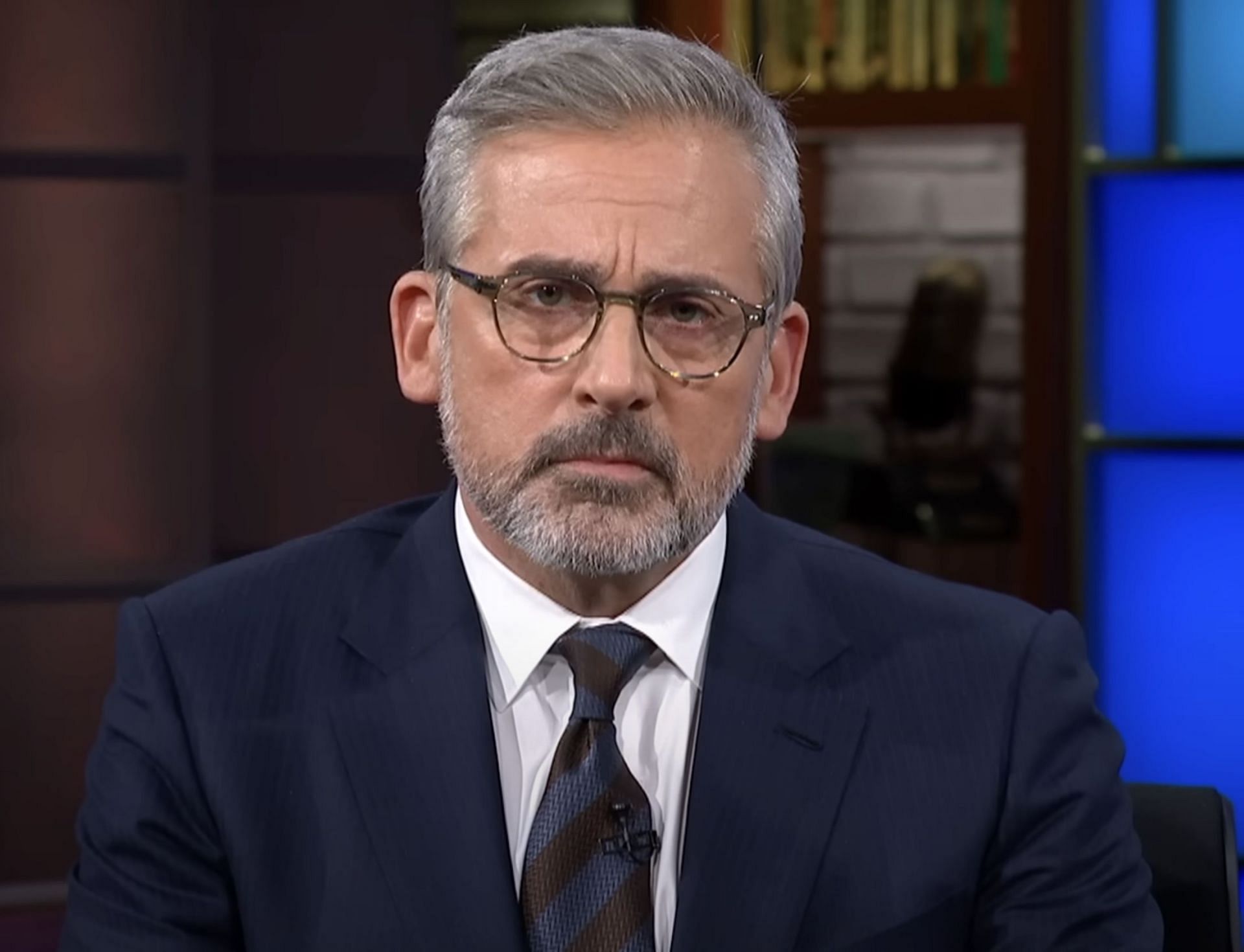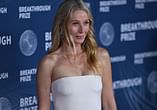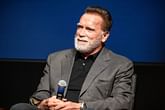"It doesn't sit well with me”— When Steve Carell opened up about the kind of humor he prefers to avoid

In a 2010 interview with The Guardian, Steve Carell shared his perspective on comedy. He explained that he prefers humor rooted in humanity and kindness rather than mockery. Carell rejects mean-spirited humor, believing it doesn't align with his values, as he feels the world has enough bitterness and cynicism.
Carell favors humor that celebrates humanity and finds humor in relatable, authentic moments. For him, comedy should connect people, not hurt them. This philosophy guides his choices and performances.
"I don't care for mean humour. It doesn't sit well with me. There's already so much bitterness and cynicism out there. What I find funny is human," he said.
Steve Carell shared how working on The Daily Show brought his conscience into play
In the same interview with The Guardian, Steve Carell reflected on his early years on The Daily Show. He admitted that the show’s humor initially leaned towards being mean-spirited. "It was much meaner early on," he recalled, explaining how he shifted the focus to himself to avoid ridiculing others. "Whatever comedy we mined would be from what I was doing."
Carell highlighted a moment when his conscience came into play. He felt uncomfortable mocking the participants while covering a Klingon speakers convention for The Daily Show.
“They were without doubt one of the kindest and warmest groups of people I’d ever met,” he said.
This experience made him question:
“Who are we to judge what makes these people happy?”
His commitment to compassionate humor influences his role choices. Even in films like Dinner for Schmucks, which seemed to have a mean premise, Carell found a way to celebrate differences.
However, one of Steve Carell's renowned characters had quite a mean sense of humor
Steve Carell's character, Michael Scott, in The Office often crossed lines, making some episodes controversial and subject to removal. Although intended to be socially unaware and immature, Michael's behaviors are viewed as offensive by modern audiences.
A notable example is the episode Diversity Day (season 1, episode 2). The episode was removed from syndication by Comedy Central in 2021 due to its problematic content.
In Diversity Day, Michael recreated a Chris Rock comedy routine during a staff meeting, using inappropriate language, including the n-word. This incident prompted Corporate to send a diversity trainer to Dunder Mifflin. However, Michael disrupted the training by asking offensive questions about which races employees found "s*xually attractive."
Read More: "I am going to root for that person"— When Steve Carell explained how a single moment made him a lifelong Taylor Swift fan
He then conducted his own diversity exercise, making employees wear cards with ethnicities written on them. He encouraged them to guess their identities through stereotypes. In one particularly offensive moment, Michael mimicked an Indian accent and made stereotypical remarks to Kelly Kapoor, leading her to slap him.
Other episodes also highlighted Michael's lack of sensitivity. In Basketball (season 1, episode 5), he assumed that Stanley, an African-American employee, would excel at basketball due to his race while excluding Kevin, a skilled player, because of his weight. Furthermore, in The Dundies, Michael created inappropriate award categories like "Hottest in the Office," objectifying employees.
These moments sparked criticism for promoting toxic workplace culture and insensitivity.




